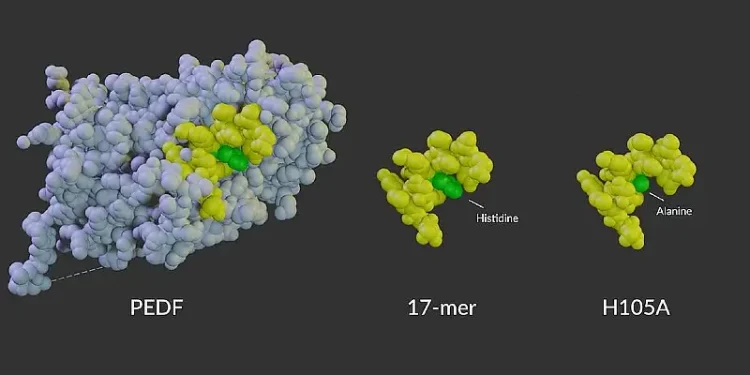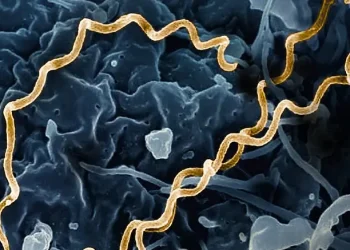New Research Suggests PEDF-Based Treatment May Help Prevent Retinal Degeneration
Scientists at the National Institutes of Health (NIH) have developed innovative eye drops that slow vision loss in animals with degenerative eye diseases.
This breakthrough offers potential for treating retinitis pigmentosa and other retinal disorders in humans. The findings, recently published in Communications Medicine, highlight a new path for preserving eyesight.
A Potential Breakthrough in Vision Preservation
Retinitis pigmentosa and other degenerative eye diseases gradually lead to blindness. While gene therapies are in development, many patients still lack effective treatments.
Researchers at the NIH’s National Eye Institute (NEI) have created eye drops containing a modified version of a natural protein, pigment epithelium-derived factor (PEDF), which helps protect retinal cells.
How the Treatment Works
- PEDF-derived peptides penetrate the retina to reduce cellular stress.
- Two formulations—17-mer and H105A—were tested, with H105A showing superior effectiveness.
- In animal studies, these peptides prevented photoreceptor loss and maintained visual function.
Study Findings: Slowing Retinal Degeneration
Researchers tested the peptide-based drops on mice genetically predisposed to rapid vision loss. Without treatment, most photoreceptors died within a week.
However, mice receiving H105A retained up to 75% of these critical cells and maintained stronger retinal responses to light.
Experimental Results: Retinal Cell Preservation in Mice
| Treatment Type | Photoreceptor Retention (%) | Retinal Function Retained |
|---|---|---|
| No Treatment | <10% | Minimal |
| 17-mer Peptide | ~50% | Moderate |
| H105A Peptide | ~75% | Strong |
Human Trial Prospects
To assess potential human application, researchers tested the peptides on human retinal tissue models. The peptides successfully prevented cell death under stress conditions, marking a crucial step toward human clinical trials.
What This Means for Patients
- Potential for non-invasive treatment: Eye drops offer a simple alternative to injections or surgeries.
- Delaying disease progression: Patients may preserve vision longer while awaiting gene therapy.
- Broad applicability: The treatment could benefit various degenerative retinal diseases, including age-related macular degeneration (AMD).
Next Steps in Research
With promising results in animal and human tissue models, researchers are planning clinical trials to evaluate safety and efficacy in humans.
If successful, PEDF-derived eye drops could transform treatment options for millions affected by degenerative eye diseases.
In Conclusion
The NIH’s groundbreaking research brings hope to those facing vision loss. While further studies are needed, this treatment represents a significant advancement in retinal disease management.
Stay informed on THX News for details of future clinical trials and potential availability of these eye drops.
Sources: National Institutes of Health.









